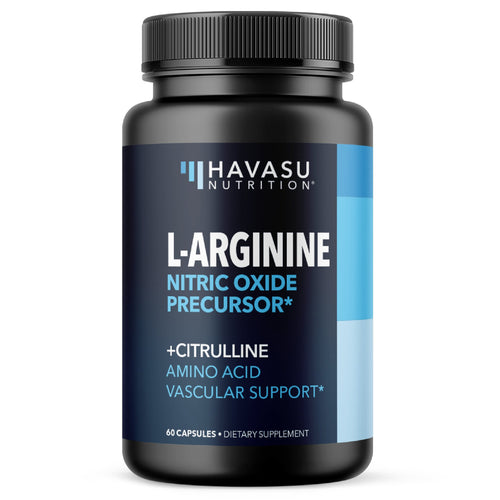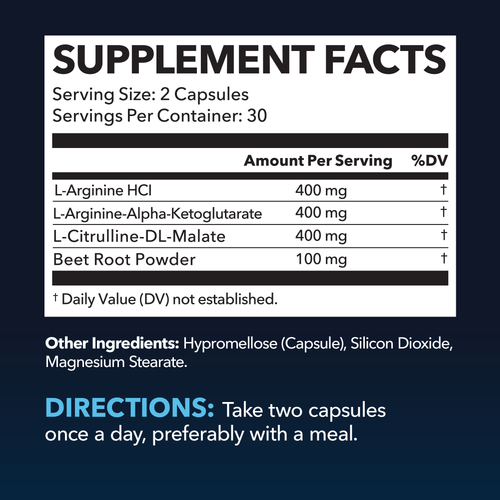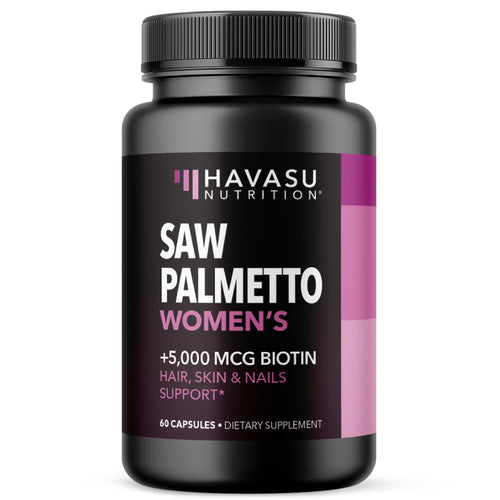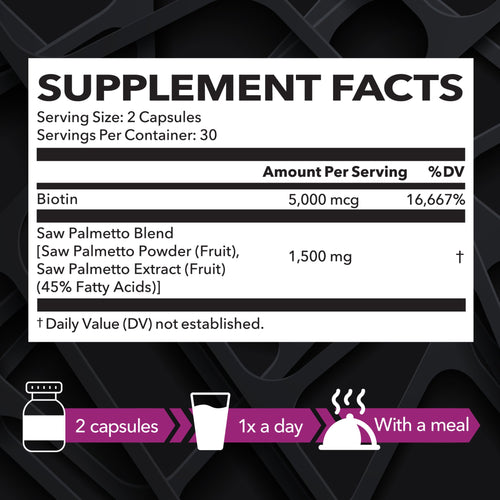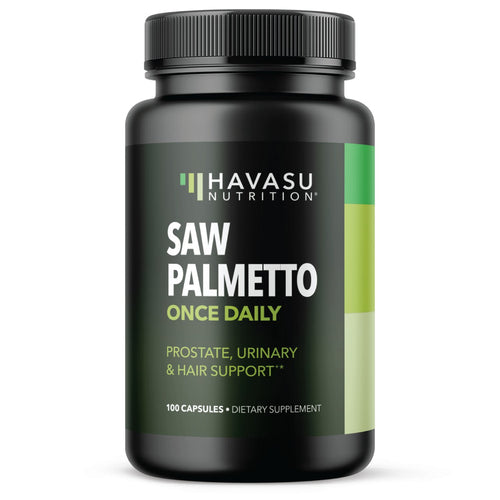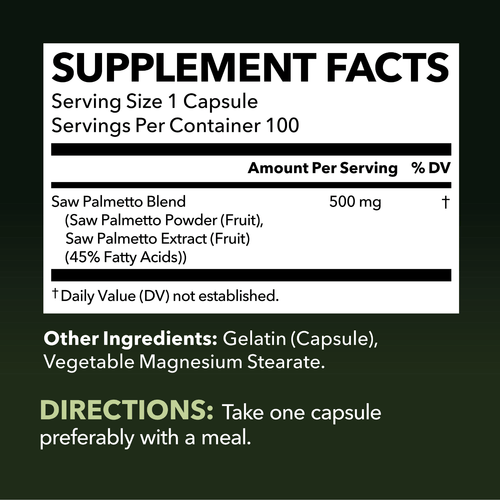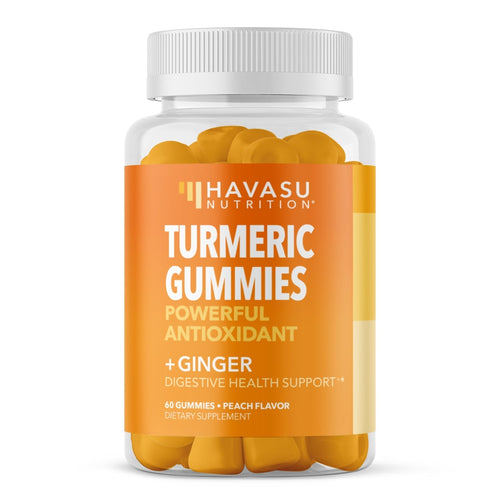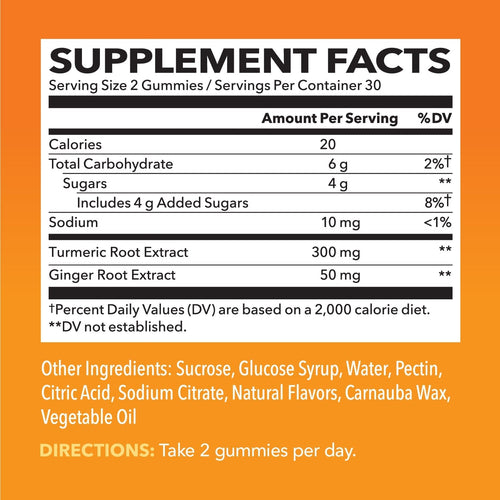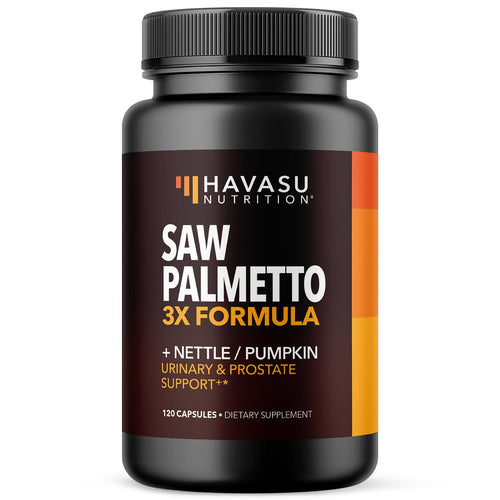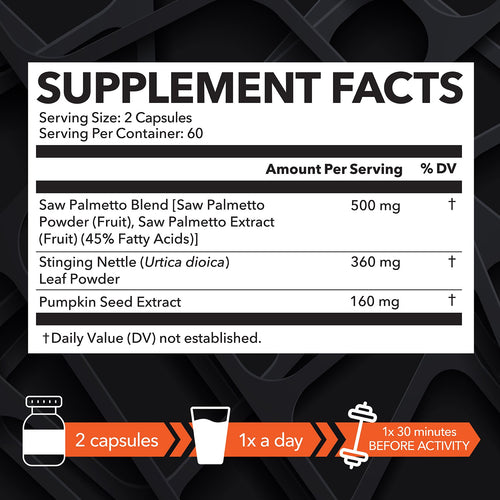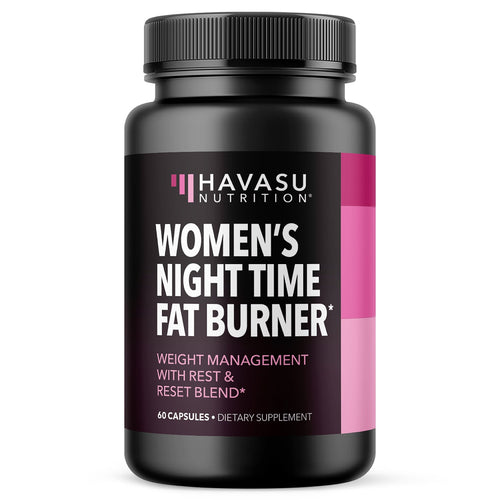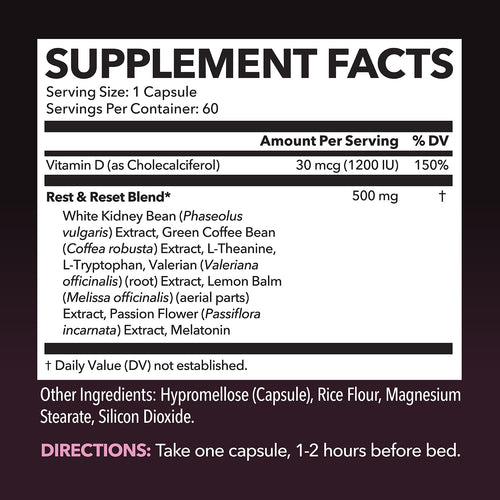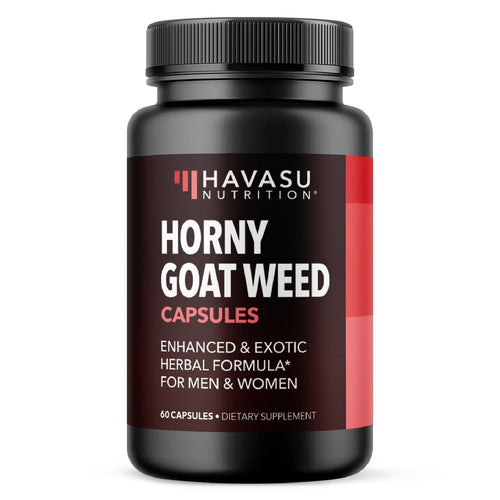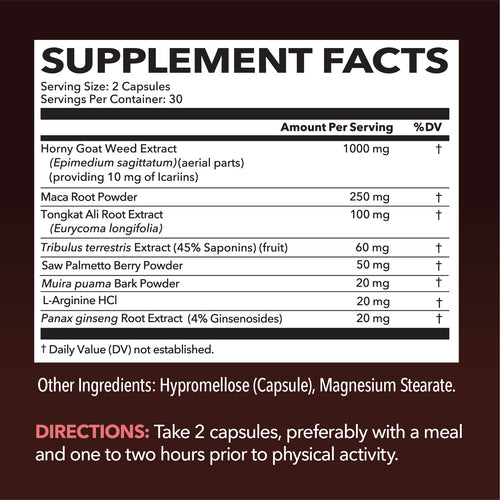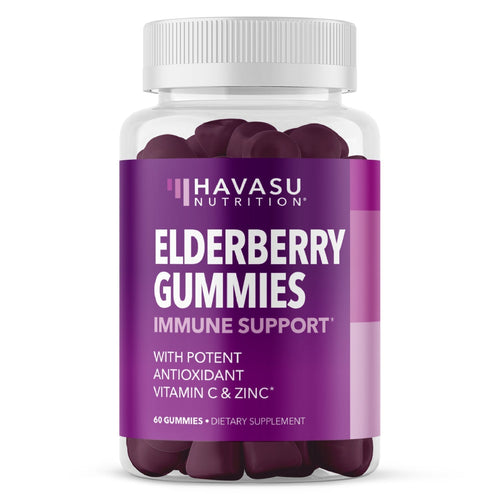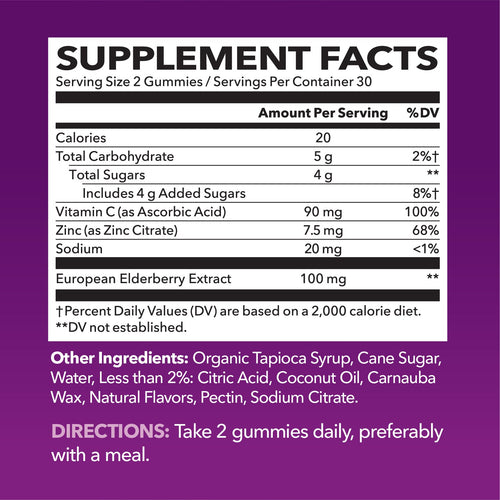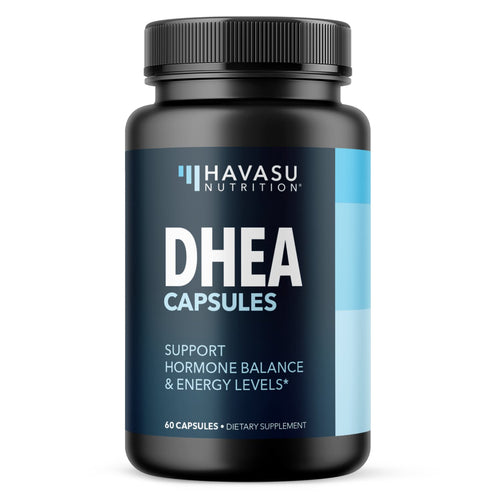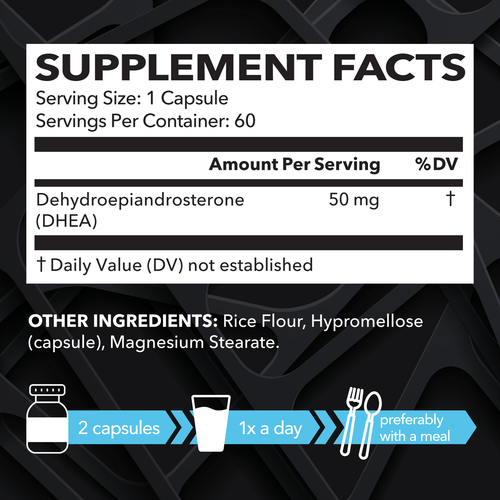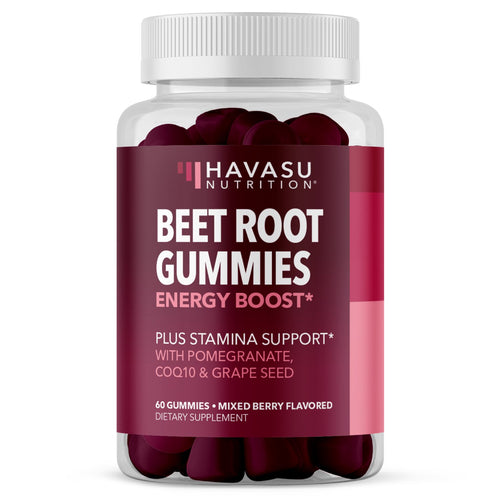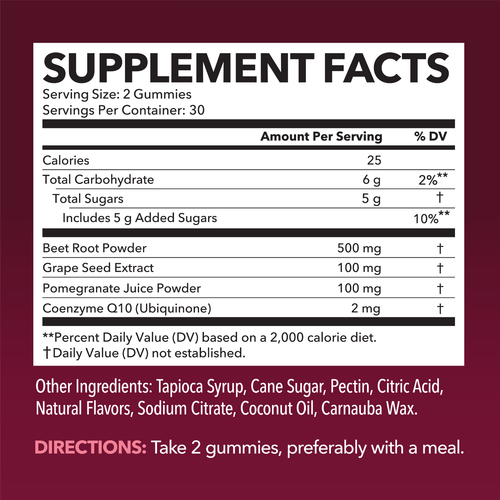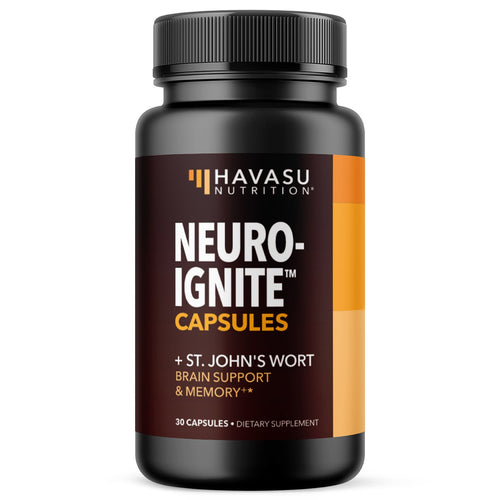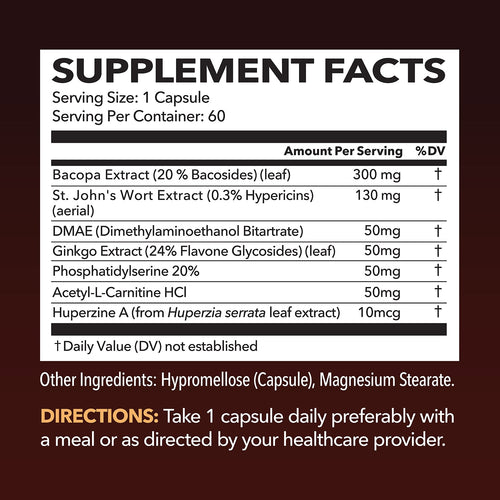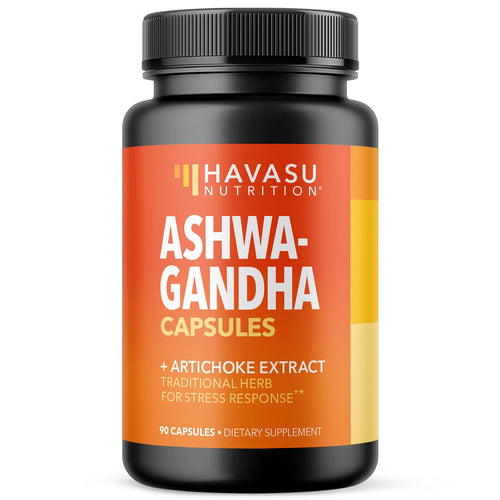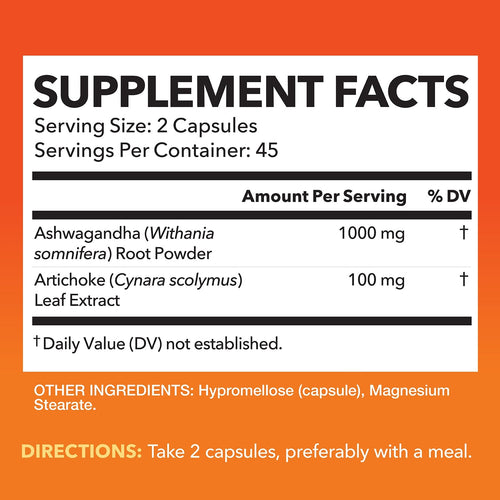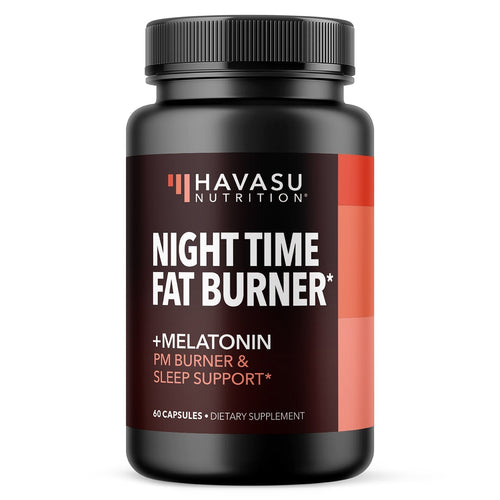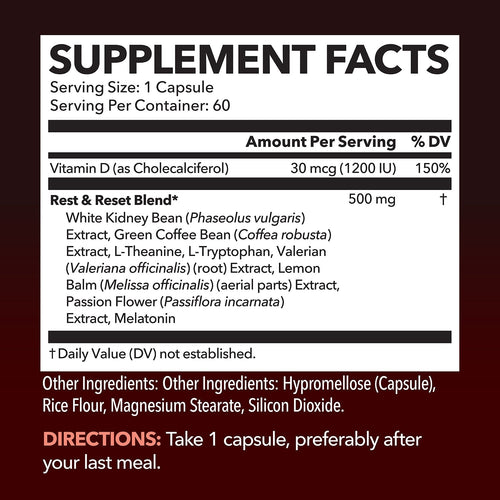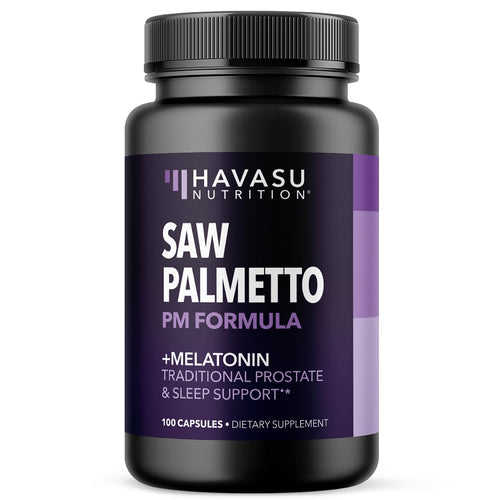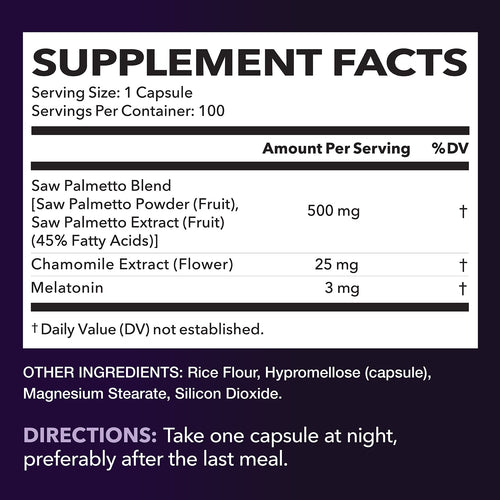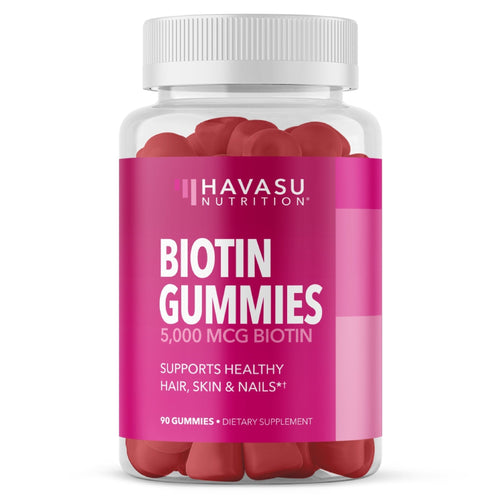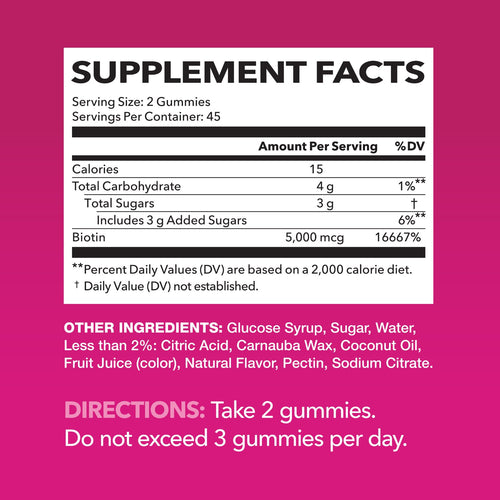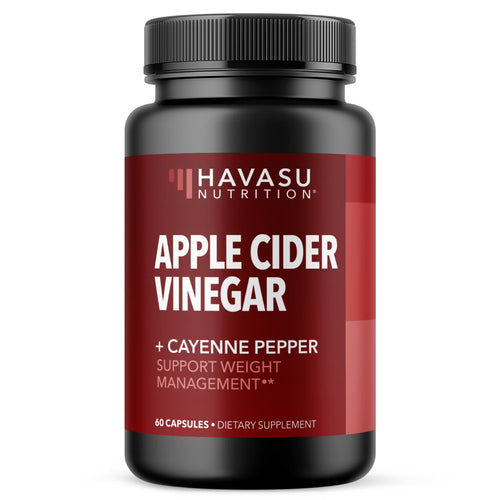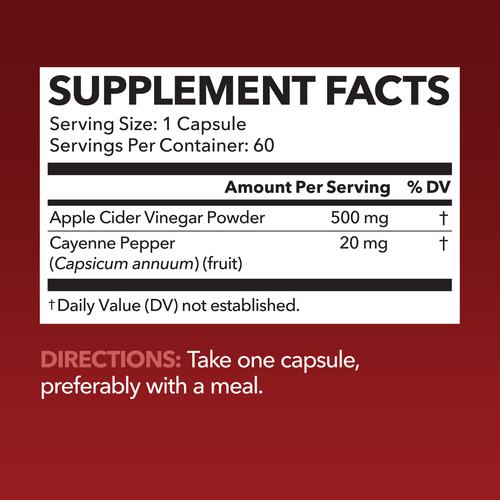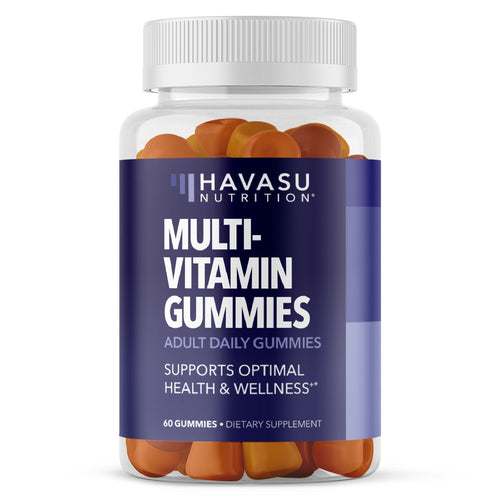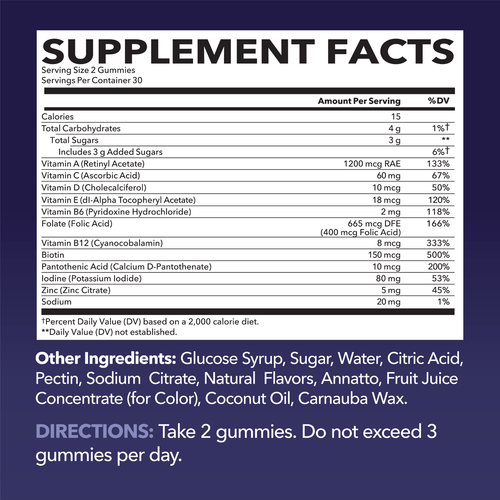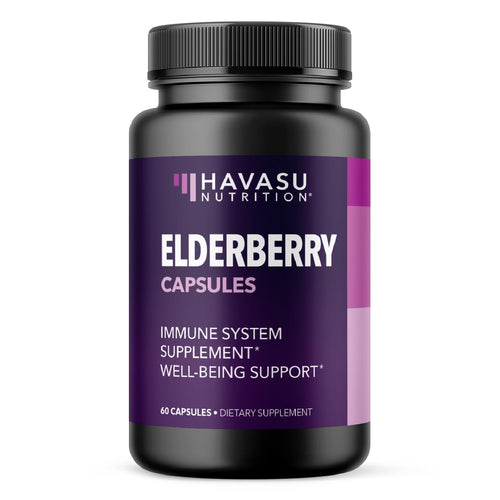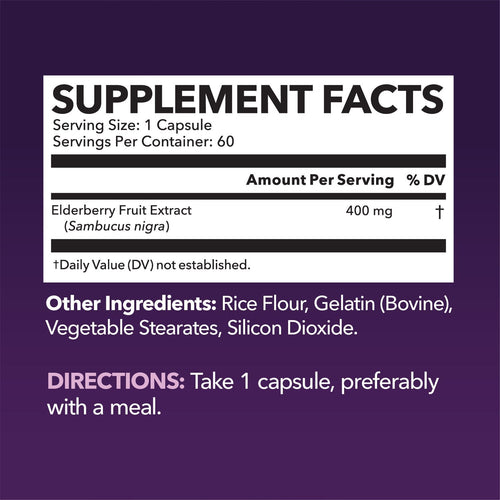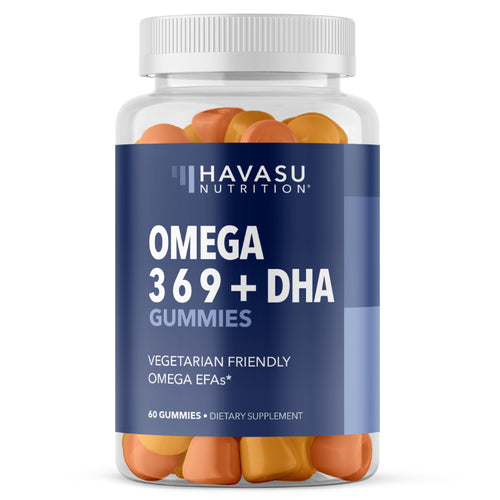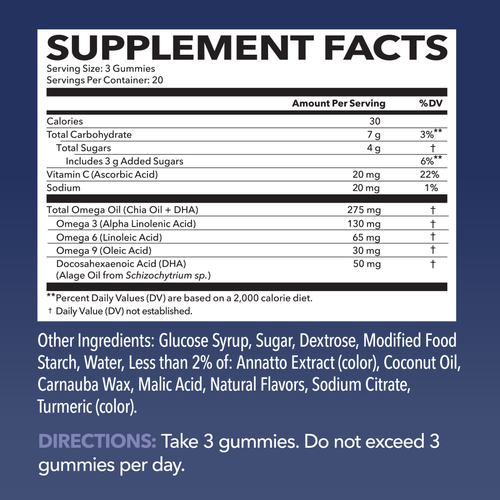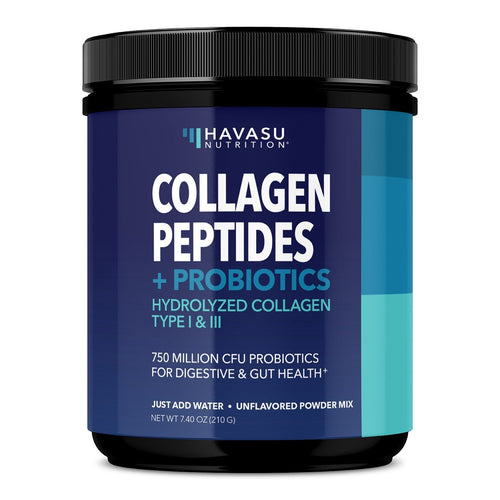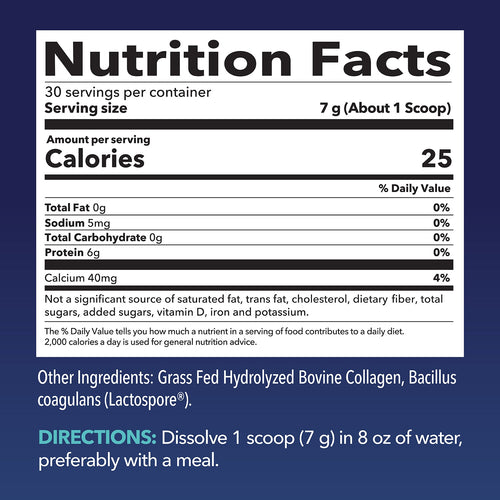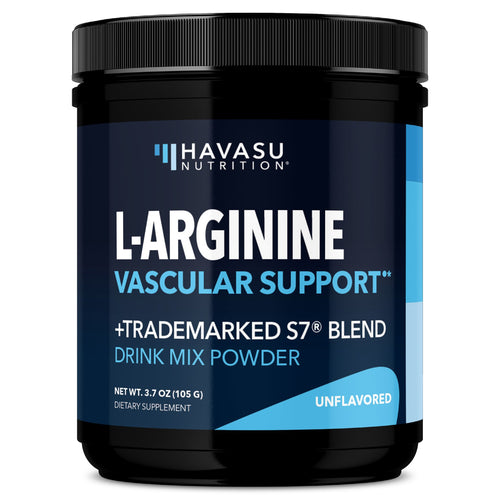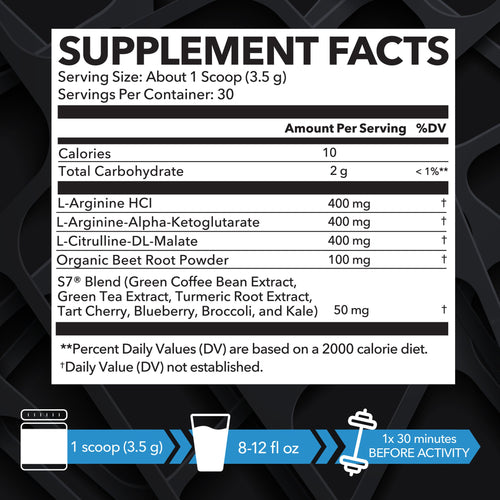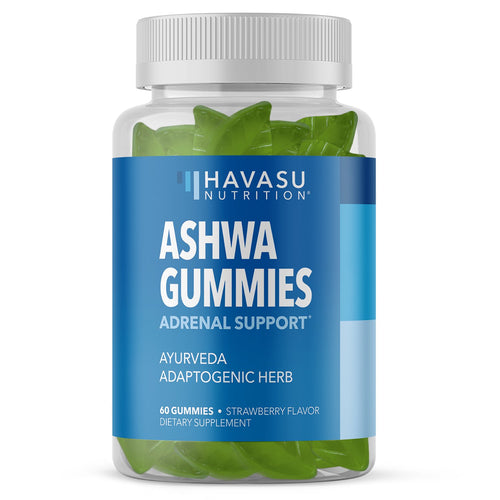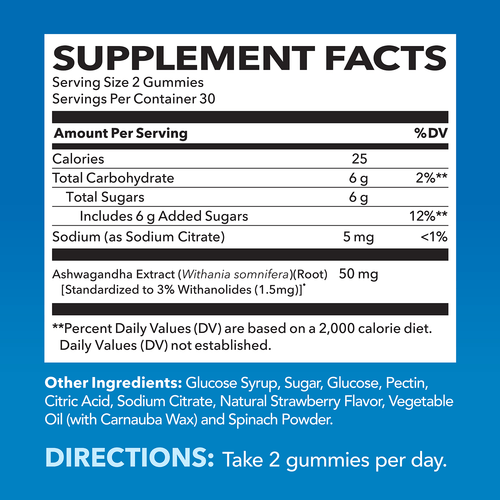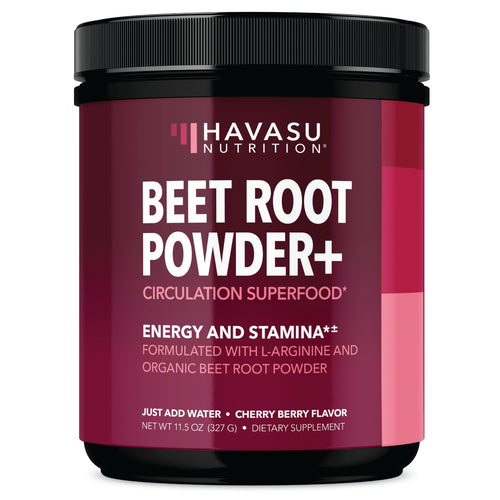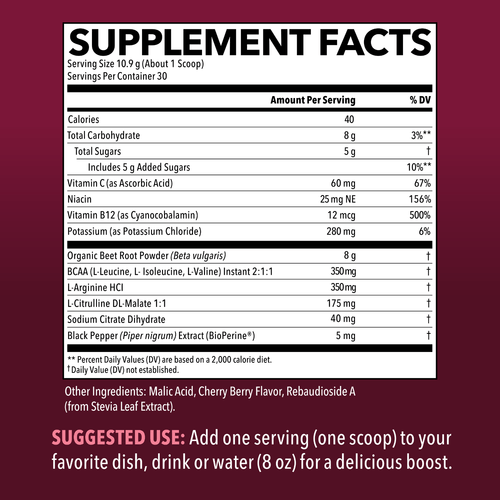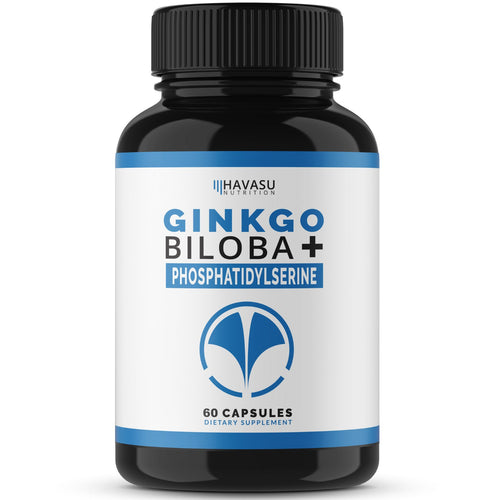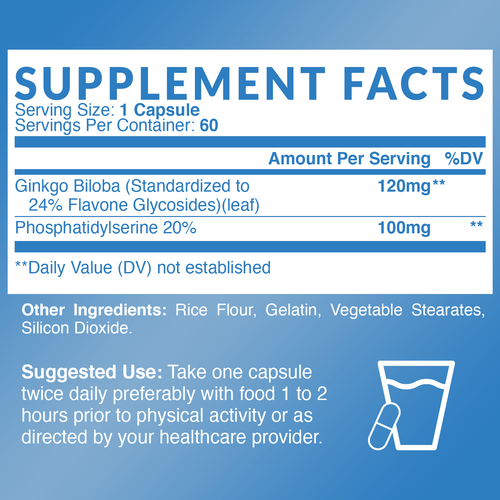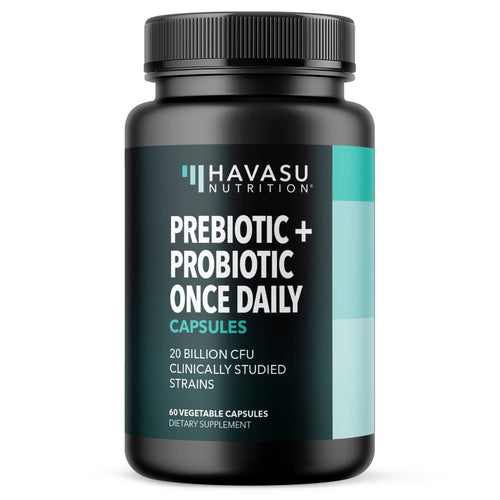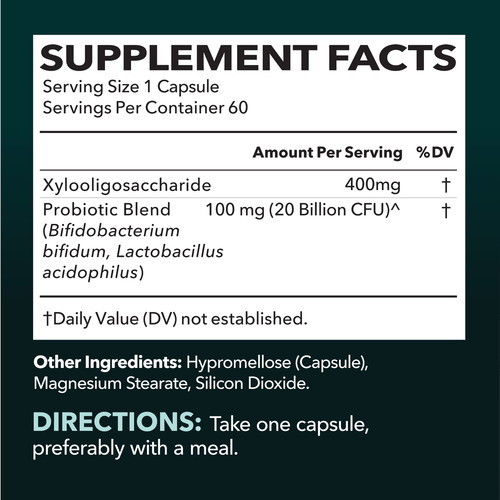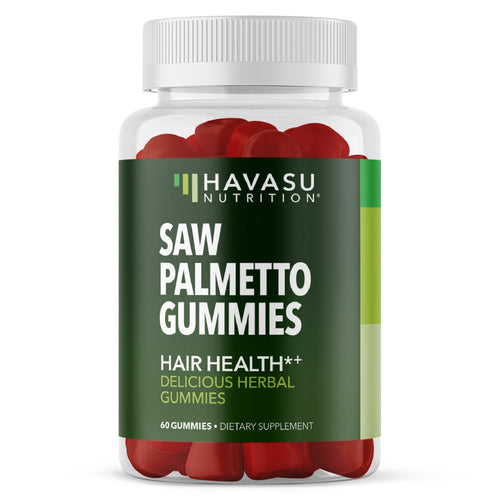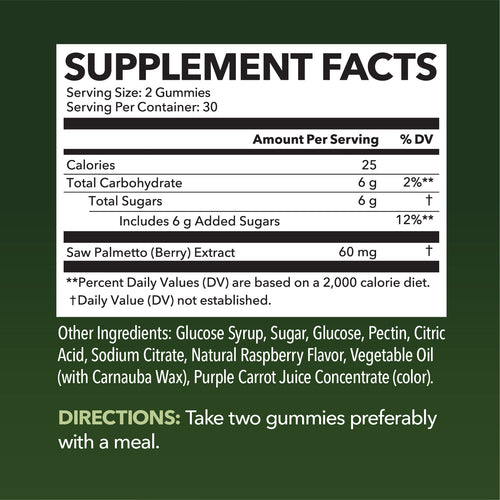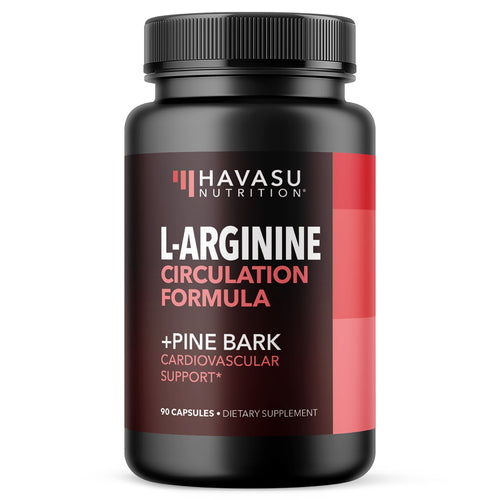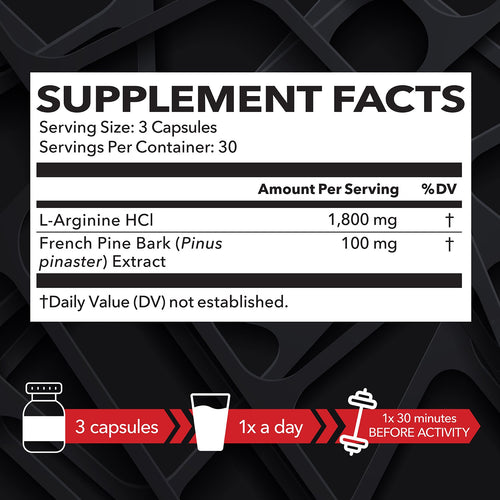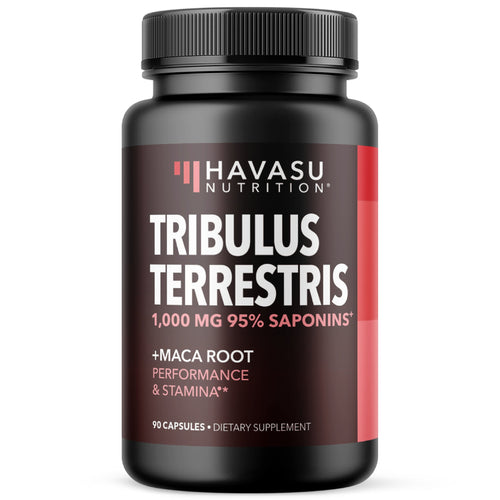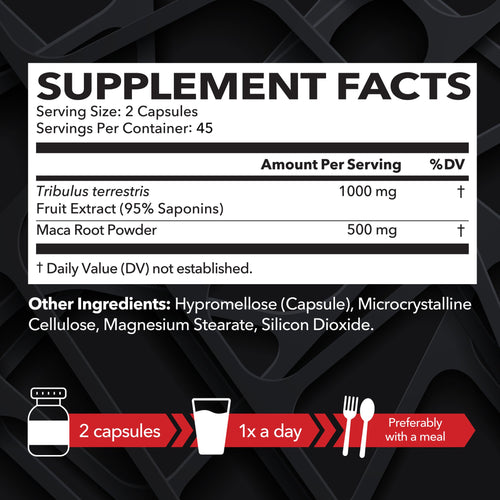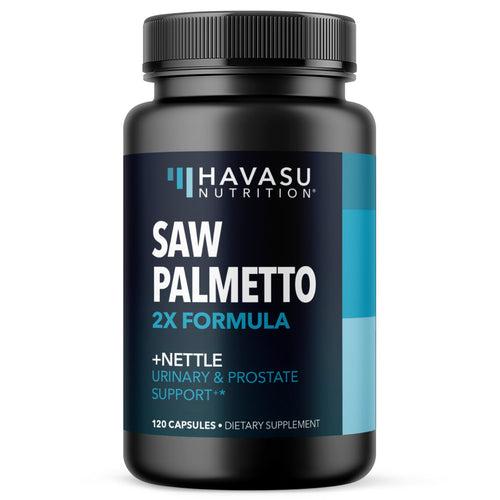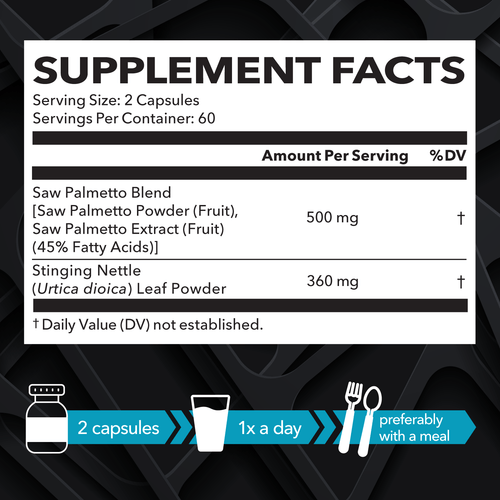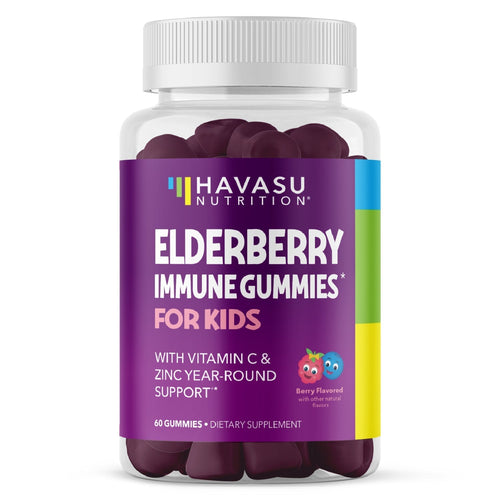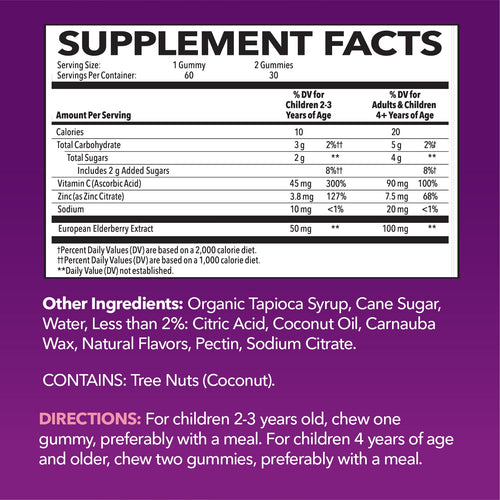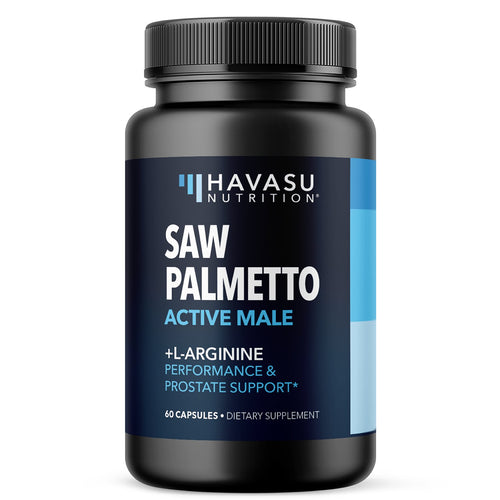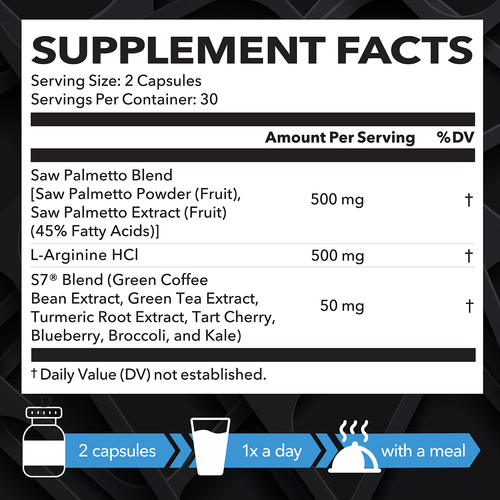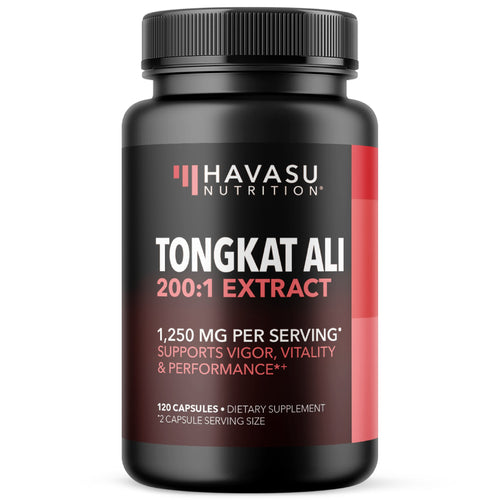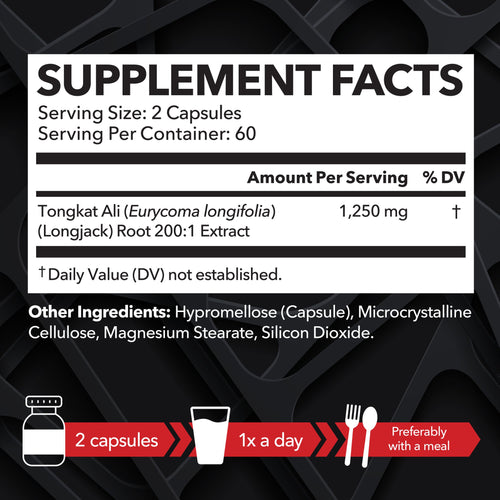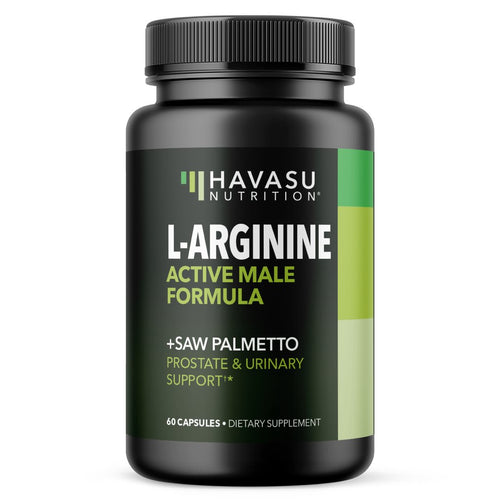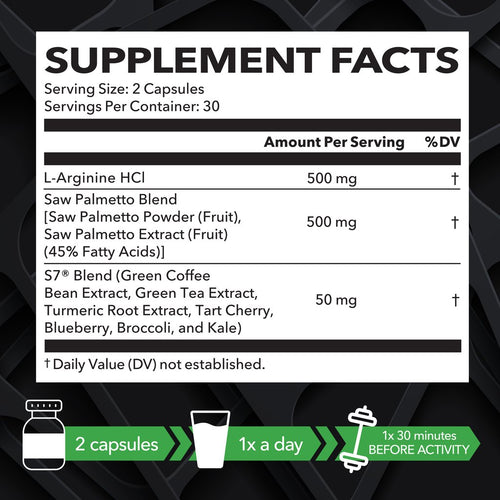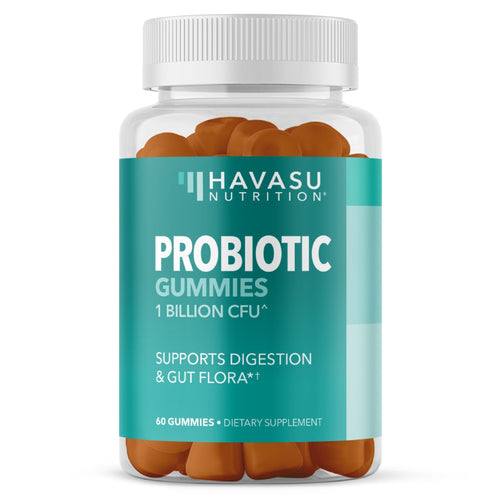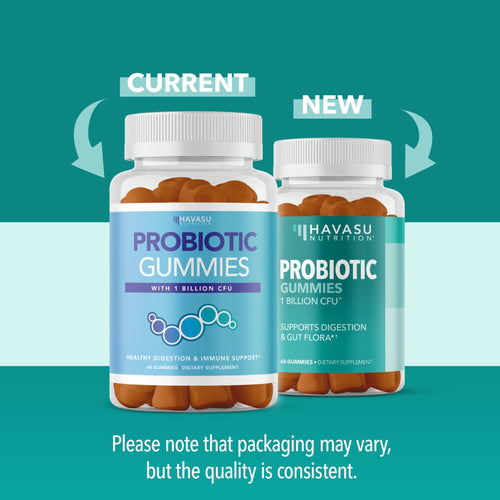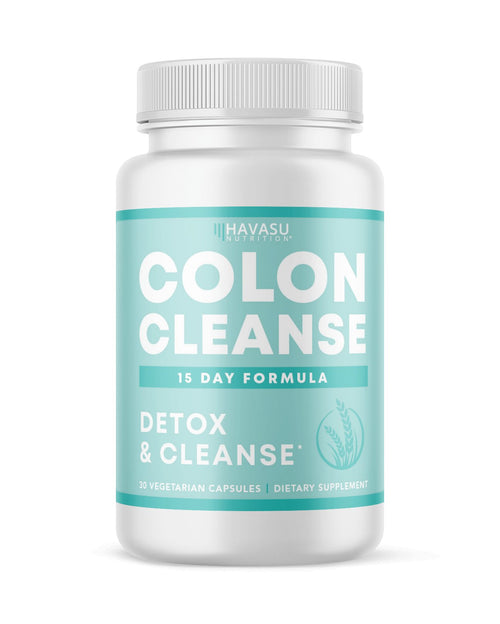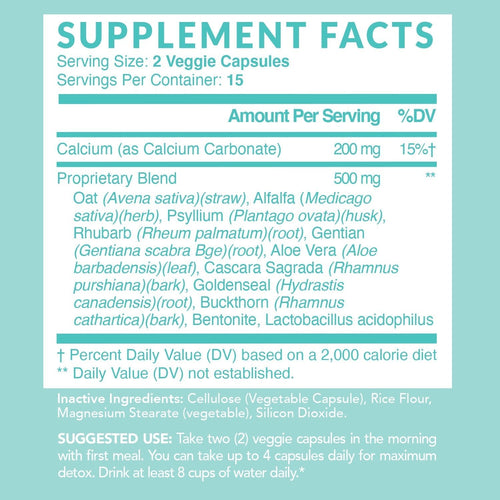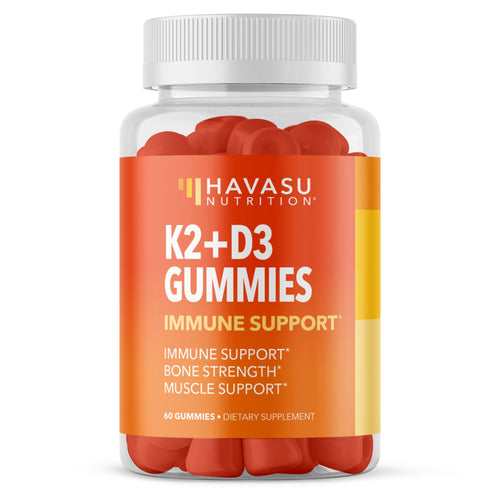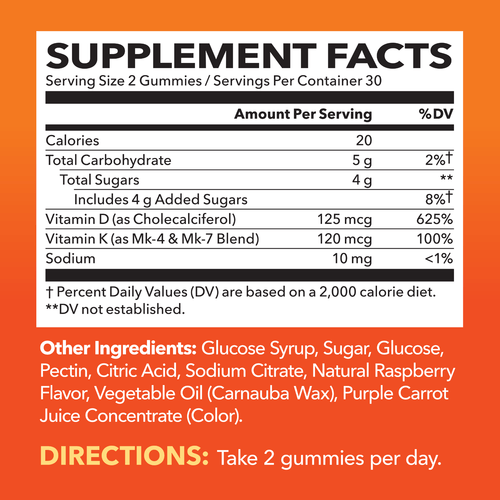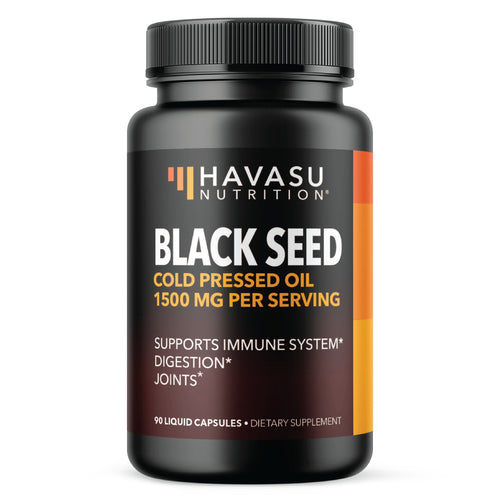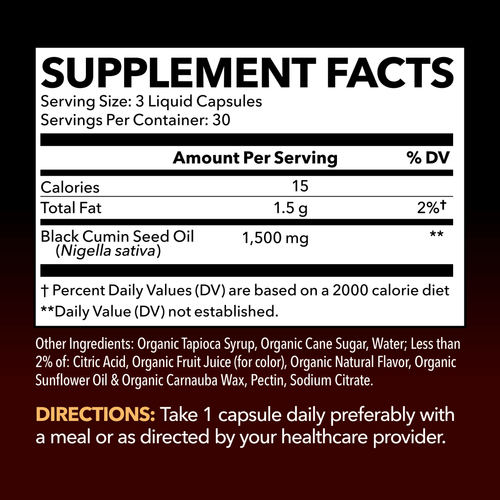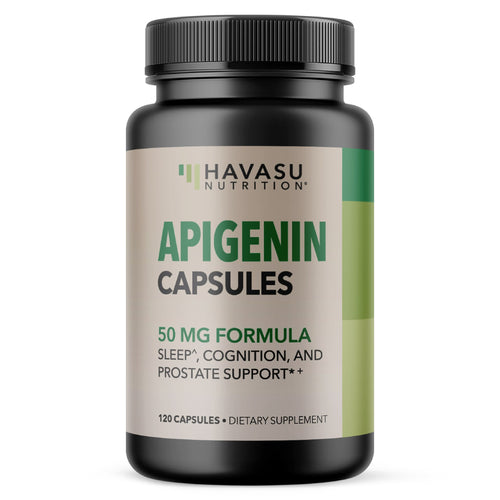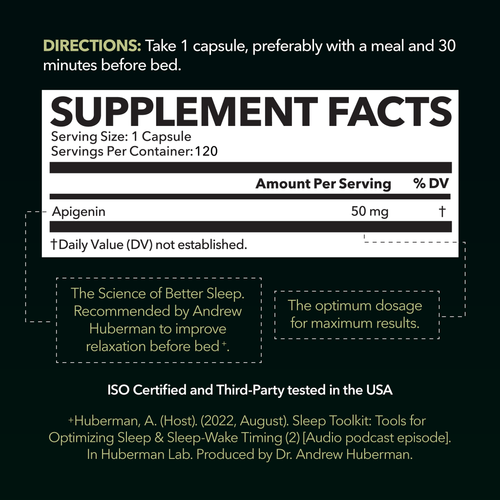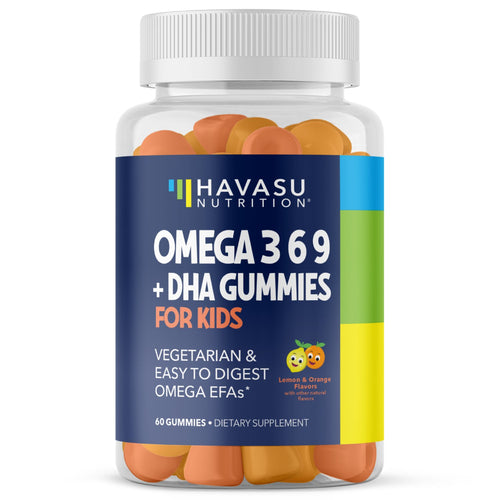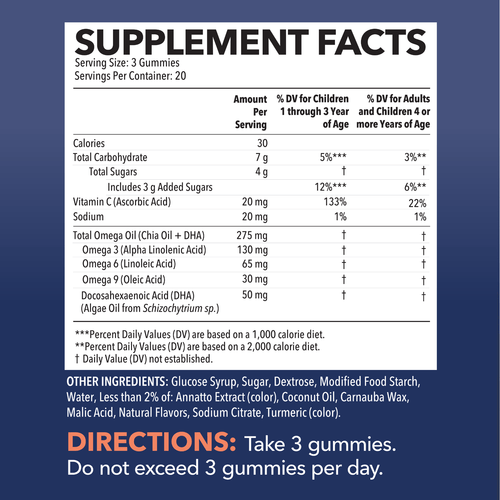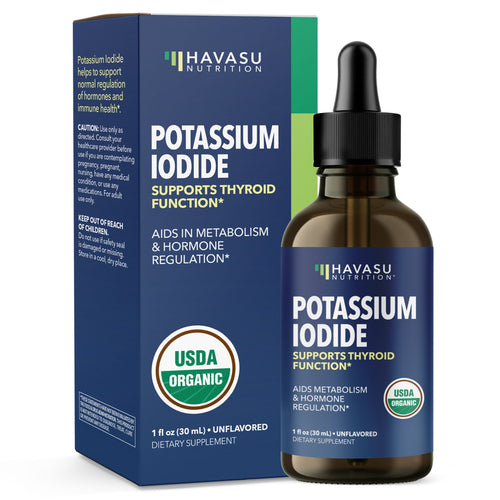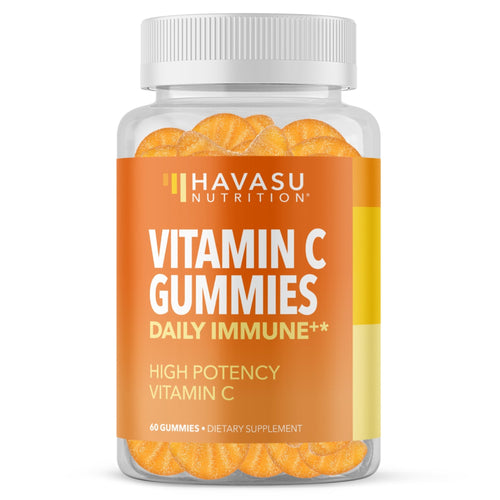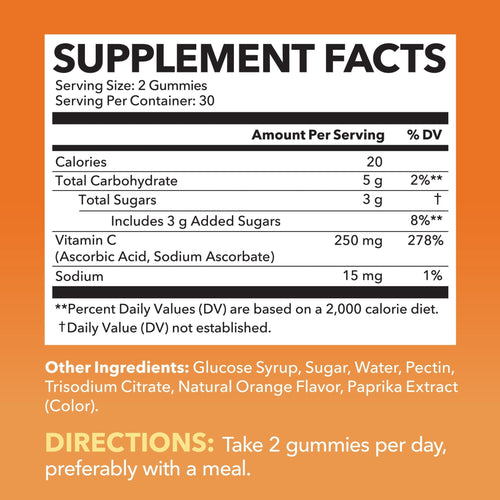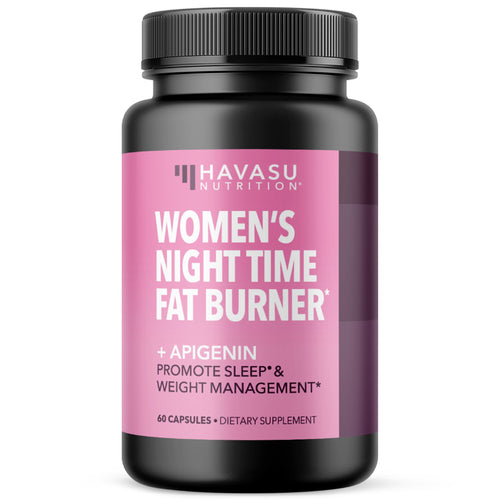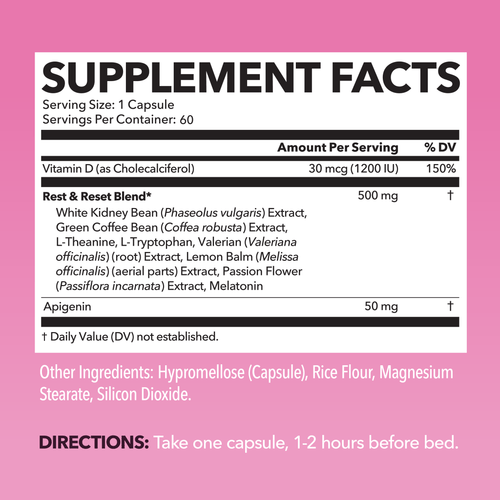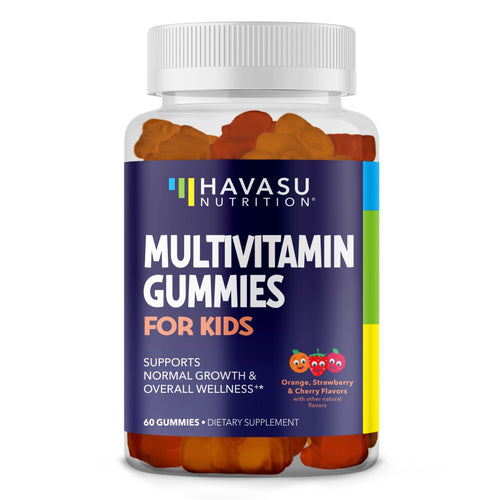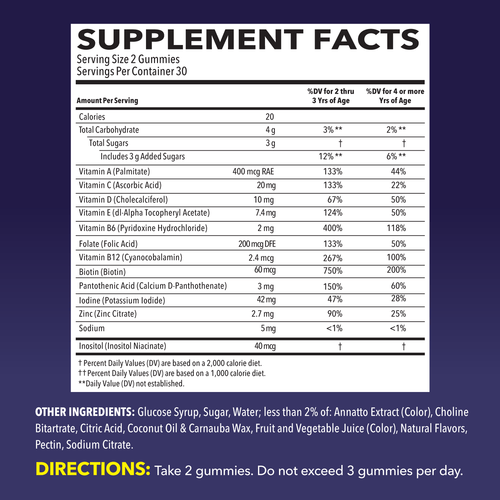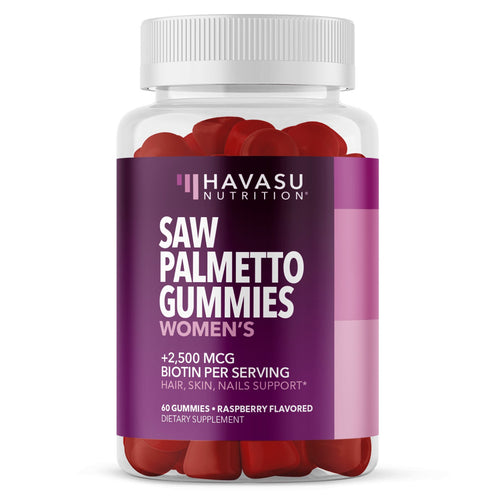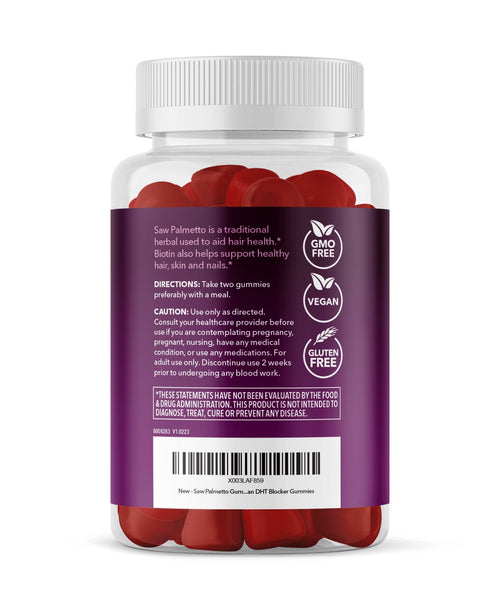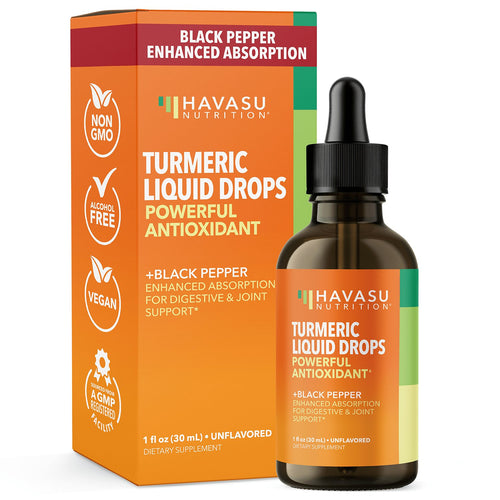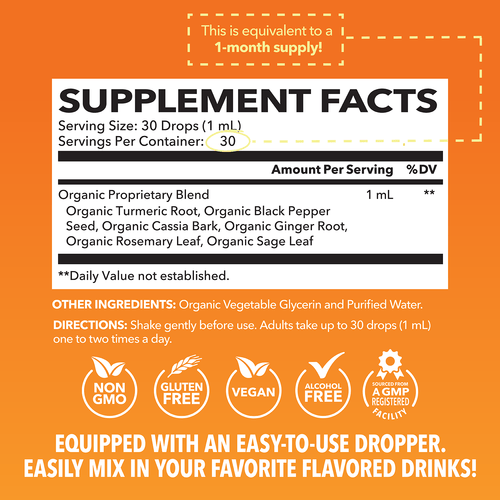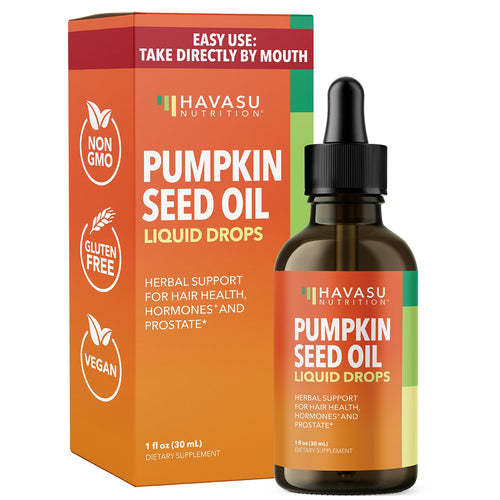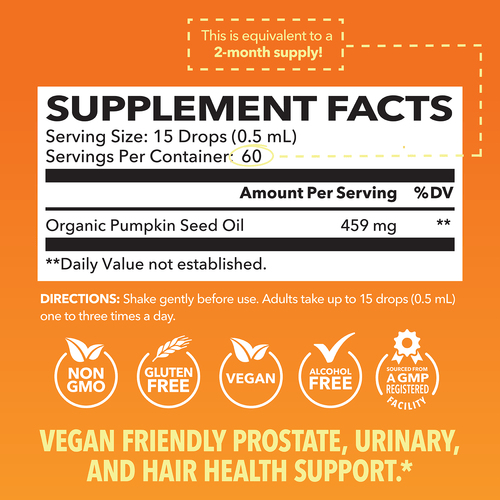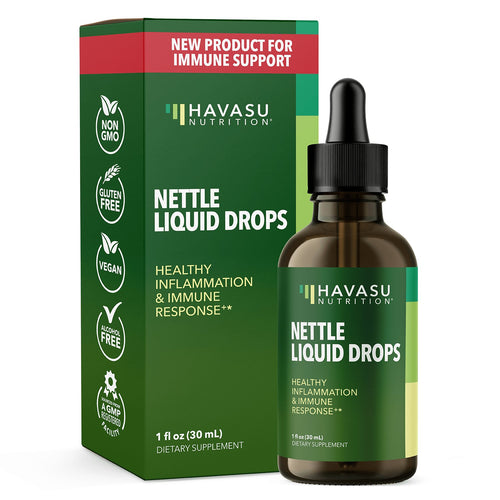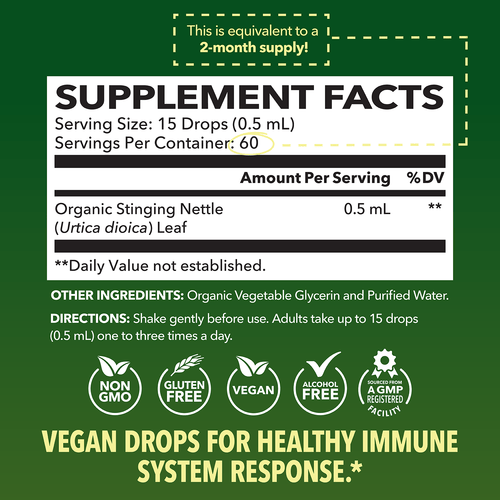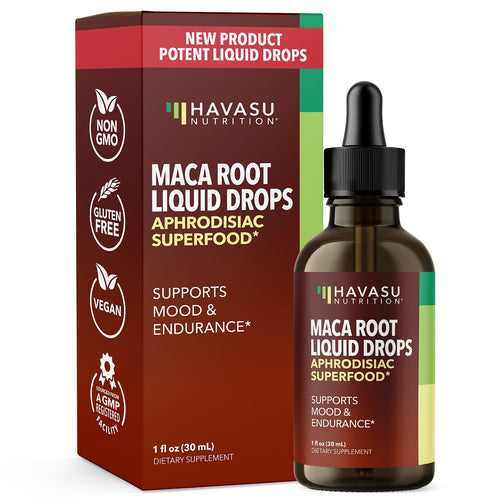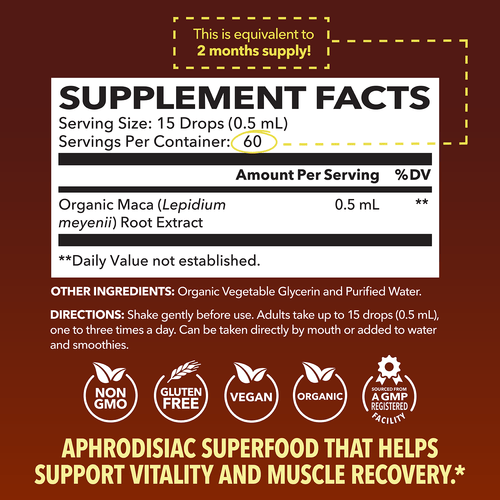60 Ways to Beat Stress
August 10, 2020
The greatest weapon against stress is our ability to choose one thought over another.
-- William James
It’s an election year, it’s a pandemic, it’s a social justice movement, it’s job uncertainty and record unemployment, climate change is happening, and you are on Facebook because you can’t go to the usual sports event as a fan or run in a race or even work out at your local gym.
And that’s when you see it: That cousin or college friend just posted the worst thing you’ve ever seen in your life, and your heart tells you to just scroll down or step away, but your head tells you to leave a comment bomb to say it like it is. Then you feel worse than ever. It’s a sign of the times in 2020, but it has the same adverse effect you know all too well: STRESS!
I have heard a billion tips in my lifetime on how to handle stress. The word started growing common in the 1980s, and once in the 1990s I hired a “stress coach” to come and speak to my team at a staff meeting, giving all kinds of tips and handing out “stress balls” to squeeze as he spoke. Well, here we are a few decades later, and it’s just a different kind of stress.
How the stress response hurts us
“As we age, our immune systems are less efficient, and adding stress to that can lead to disease progression or the onset of disease,” said Dr. Ann Webster, a health psychologist at the Benson-Henry Institute for Mind Body Medicine at Massachusetts General Hospital. But how does “stress” actually have negative impact on your own anatomy? According to Harvard Medical School, this is how the stress response works:Stressful situations trigger a physical reaction known as the stress response. The brain relays warnings to the muscles, which tighten, and to the adrenal glands, which release stress hormones such as adrenaline and cortisol. These hormones help your body prepare to fight or flee to safety: your heart pounds, blood pressure rises, and more of your blood is sent to your brain and muscles; your breath quickens to get more oxygen into your blood; and your body releases sugars and fats into the blood for energy. In the short term, the stress response can help you navigate a difficult situation. But chronic stress can lead to physical damage.
Dr. Webster said stress raises your blood sugar level, and that can worse diabetes. It can cause insomnia and high blood pressure. “It can also make people become anxious, worried, depressed, or frustrated," she said. Over time, it sort of takes on a life of its own. Chronic stress increases the risk of heart disease, heartburn and other health problems.
So ignoring the subject is not really viable. You can add years to your life by just paying attention to all these people who have tips to beat stress. And we mean a lot of people. Here are 50 tips, either learned on my own or by listening to experts. Feel free to share yours in the comments, and as with any such advice, consult your doctor to be on the same page.
60 Ways to Beat Stress
Laugh. Watch a comedy on Netflix, maybe some old Friends episodes. We just streamed all nine seasons of Doc Martin and don’t want it to end.
Take Ashwagandha. Known for its ability to calm and balance “edgy” nerves, Ashwagandha is the perfect natural solution for anyone feels overwhelmed, tired and easily irritated. Research shows that this centuries-old supplement can lower blood sugar and cortisol levels, help fight symptoms of anxiety and depression, increase muscle mass and testosterone, and much more.
Turn off your mobile phone. Disconnect more often, maybe even for a whole day each week.
Meet a friend for coffee. Wear your mask.
Do breathing exercises. During an especially challenging respiratory bout several years ago, I was taught by a breathing specialist at New York Columbia-Presbyterian Hospital on how best to do this. She told me to do the 2-4 technique: Inhale deeply through my nose for two seconds and then exhale through my mouth for four seconds. Feel it in your diaphragm, so your belly sticks out when you inhale. It’s funny, I see 3-3 and every other combo out there. Bottom line, use all of your lung capacity; it also will prepare you just in case Covid-19 strikes.
Get a pet! If you already have one, you know what to do. Brush the dog. Let the cat snuggle in. A few minutes later, your stress turned to bliss.
Avoid too much caffeine. If teas is your very world, then consider more green tea and less black tea -- far less caffeine and still awesome.
Arrive early. Nothing is worse than a harried experience at an important meeting, followed by dumb excuses. Get there in advance, have a coffee at the closest cafe, use the restroom, compose yourself and be the freshest person in the room.
Put the ahhh in spa. A hot bubble bath is a great antidote to stress, and it doesn’t take much.
Go baby yourself at a real spa.
Light some candles. Just remember to blow them out! Aromatherapy can help you to feel energized or more relaxed . . . more alive. Research suggests some scents can alter brain wave activity and reduce stress hormones in the body.
Listen to Taylor Swift’s new album Folklore, or watch an inspiring performance on Youtube. The Go-Gos documentary is coming to Showtime on August 1, and that’s a great way to escape and see how the first all-girl band soared to prominence against a system.
Do the Sunday New York Times crossword. I got halfway through it this past Sunday, and admittedly cheated with Google a few times. Stop judging.
Talk to someone about your stress. Don’t let it get pent-up. If you are nervous or anxious about something, tell a spouse, partner or friend. People are there for you.
Think positive: Instead of “I can’t do this,” tell yourself: “I’ll do the best I can. I’ve got this.”
Quit bad habits like smoking. Besides the obvious health risks of lighting up cigarettes or e-cigs, nicotine acts as a stimulant and it brings on more stress symptoms.
Punt. Don’t want to do it? Don’t do it! Know when you are out of field-goal range.
Eat dark chocolate. When you savor that rich indulgence, it takes over your whole being, and that brief moment alone wipes out stress. It is also rich in antioxidants and can lower your levels of stress hormones.
Express gratitude. If you are grateful for the sunrise and sunset, for your amazing family and friends, then express it. Think about how great you have it, all things considered. Gratitude reminds you of the tools you have to deal with stress, and that can make you feel good. Write it each day in a journal or post it on that dreaded Facebook page!
Chunk those monster problems. When I run marathons, I “chunk” it by telling myself to run 10-10-10: 10 miles, 10 miles and a 10K. Don’t try to tackle everything at once.

Read a book. I just snagged Florence Adler Swims Forever and Alex Trebek’s memoir The Answer Is, and both are there depending on my mood.
Write a book. Wait, I am super-stressed about this latest manuscript that I have been working on the last couple of years, how can this be a good idea to include here? Actually, the benefits are so rewarding when you let your inner self and all that vocabulary of a lifetime spill onto the pages.
Exercise regularly. Set reasonable goals for yourself and then see how far you can go. Aerobic exercise releases endorphins, which are natural substances that help you feel better and maintain a positive outlook.
Go for a walk, whether it’s just to the end of the block or down the hallway to the restroom at work.
Try something new. Take an art or pottery class. Learn to play an instrument.
Count to 10 before you react to anything. Or just sleep on it. Another good way to handle those Facebook posts you want to comment on so badly.
Yoga. Do this regularly to combine physical movement, light exercise, meditation and controlled breathing. A single session will be beneficial, and you’ll get long-term payoff if you do it consistently. Take a class or sign up for an online program.
Take a look at the Cleveland Clinic’s 10 tips for fighting stress.
Take Probiotics. A recent University Health News article cited several studies that found gut health has a direct correlation to improving anxiety, depression and mood. Gut bacteria can produce molecules with neuroactive functions, including serotonin and gamma-aminobutyric acid, which positively affect your mood.
Think positive: Replace “Everything is going wrong” with “I can handle this if I take one step at a time.”
Optimize your bedroom for tranquility. Keep it dark and quiet. Use it only for sleeping, not for work or watching TV.
Speaking of the dark, remember to look up! Behold the wonder of the cosmos. Carl Sagan wrote: “We are like butterflies who flutter for a day and think it is forever.”
Sagan also wrote: “For small creatures such as we the vastness is bearable only through love.” So let’s be sure that LOVE is here on the list of how to avoid stress. Love someone. Be loved.
Practice relaxation techniques. Deep relaxation along with aerobic exercise will help protect your body from the stress response.
Eat avocados. They have Omega-3 fatty acids, which are known to lower stress and anxiety, improve concentration and mood, according to the National Center for Complementary and Integrative Health. You’ll also get phytochemicals, fiber and essential nutrients.
Here’s another great way to get Omega-3: Fish! It’s heart-healthy as well. Good fatty fish include tuna, salmon, sardines, halibut, herring, mackerel and lake trout. I pound sardines at least four days a week for lunch, a great shared experience with my English Bulldog.
And if you need still another easy way to get Omega 3, order a bottle of Havasu Nutrition Omega-3 + DHA Gummies. Easy and no fishy taste. This supplement provides your body’s needs of 60 mg of heart health EPA and DHA omega 3’s per serving.
Just hug someone. You might get a hug back.
Meditate. I mentioned this in a previous post about tips for living a long and healthy life. Go on a retreat to the middle of the desert or somewhere remote, and center yourself.

Smell the flowers, literally. Get out in nature, and consider starting your own garden. It’s a great way to sustain yourself with home-grown produce. Just remember some rabbit wire if you plan to grow lettuce. They always had the leg up on me.
Avoid emotional eating. Easier said than done. Our A/C went out, and one of the ways I dealt with it was making toast with butter and jam in the middle of the night with our dog. Crushed my diet but it felt good. Try your best to have a balanced diet.
Consider counseling. It is helpful to many people. You don’t have to wait for these other tips to fail before doing that, either.
Try biofeedback. It helps you learn stress-reduction skills by giving information about muscle tension, heart rate and other vital signs while you try to relax. Experts say this helps people gain control over some bodily functions that cause tension and physical pain.
Eat foods high in fiber, like green peas, berries, sesame seeds, beans, almonds, pistachios, flaxseed, pistachios and lots of greens, like kale and broccoli. See a comprehensive list of foods that help fight stress.
Exhibit effective time-management skills and be efficient with your time. Many people are stressed because they are disorganized and they lose control of their time. Don’t try to squeeze 18 hours of work into 12 hours. Don’t try to do it all. Consider hiring a house cleaner at least once a month. Be in charge of your schedule whenever possible.
Nuts are a great stress buster with healthy fats. Almonds, walnuts and pistachio may help lower blood pressure levels.
The Cleveland Clinic suggested that you take responsibility for your actions: “Control what you can and leave behind what you cannot control.”
Think positive: “I know how to deal with this, been there done that” is much better than “I hate it when this happens.”
Don’t get hung up on Instagram pics. Most people who post perfect pictures picked through the vast majority that didn’t flatter them. Most people aren’t all that. Don’t measure your greatness in number of likes!
Watch less TV or at least less turbulent news. It’s easy to get a quick summary of the day’s news. Dive deep and spend hours immersed in it if you want, but this post is about how to avoid stress, and we’re in a super-stressful news cycle.
Don’t take sleeping pills -- especially not with other medications. If you can’t sleep, stay up doing something productive until you are tired. I like to drowse off with a book.
Getting up through the night to visit the bathroom can cause a lot of stress around the clock. Hey guys, take Saw Palmetto in conjunction with a visit to your doctor, as part of any approach to prevent or deal with prostate issues.
Check out these helpful tips from verywellmind.com.
Keep up with basic health practices, including a routine physical, a mammogram, a dental checkup and cleaning. When you put those things off, the worries build up.
Same thing with your finances. Stay on top of the bills and follow sound financial advice from sources you trust. It’s easy to ignore financial duress, and it can only get worse. You’ve got this.
“Alexa, play Question of the Day.” I am up to 2,040 points after nailing one of two questions this morning. It is one of my favorite stress-busters, taking my mind off of anything. Jeopardy, too!
Follow these tips from the National Health Service in the United Kingdom.
Think positive: Change “I feel helpless and alone” to “I can reach out and get help if I need it.”
Watching the news, being constantly connected to your digital devices, drinking alcohol, and consuming too much caffeine are just a few of the things that may add more stress to your life. Making some changes to your daily habits could be instrumental in helping you feel better.
Help those less fortunate. Assisting people who are in worse situations than yours will likely put your problems into perspective. Genuine generosity comes back to you in multiples, and those good feelings go a long way to beat stress.



